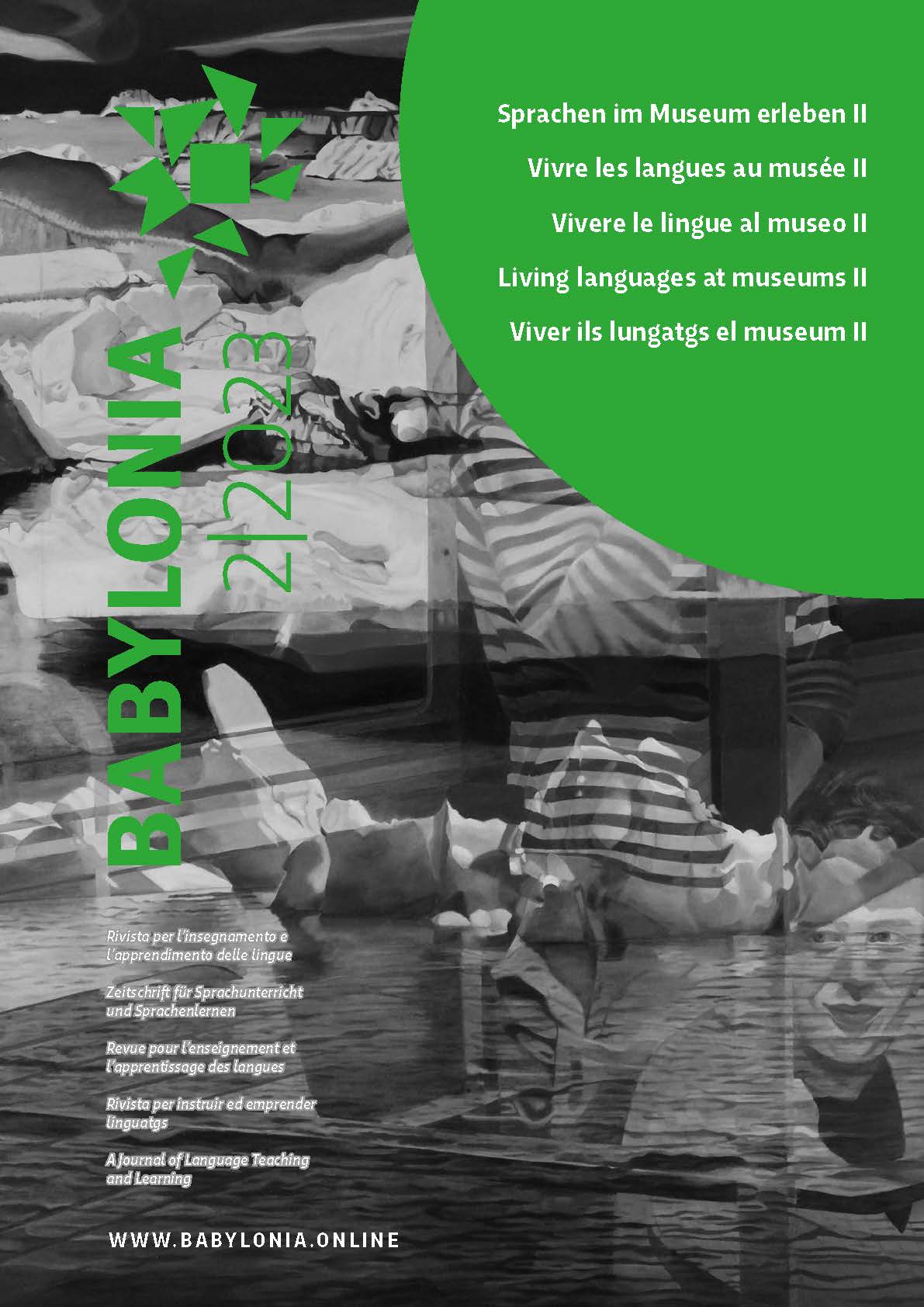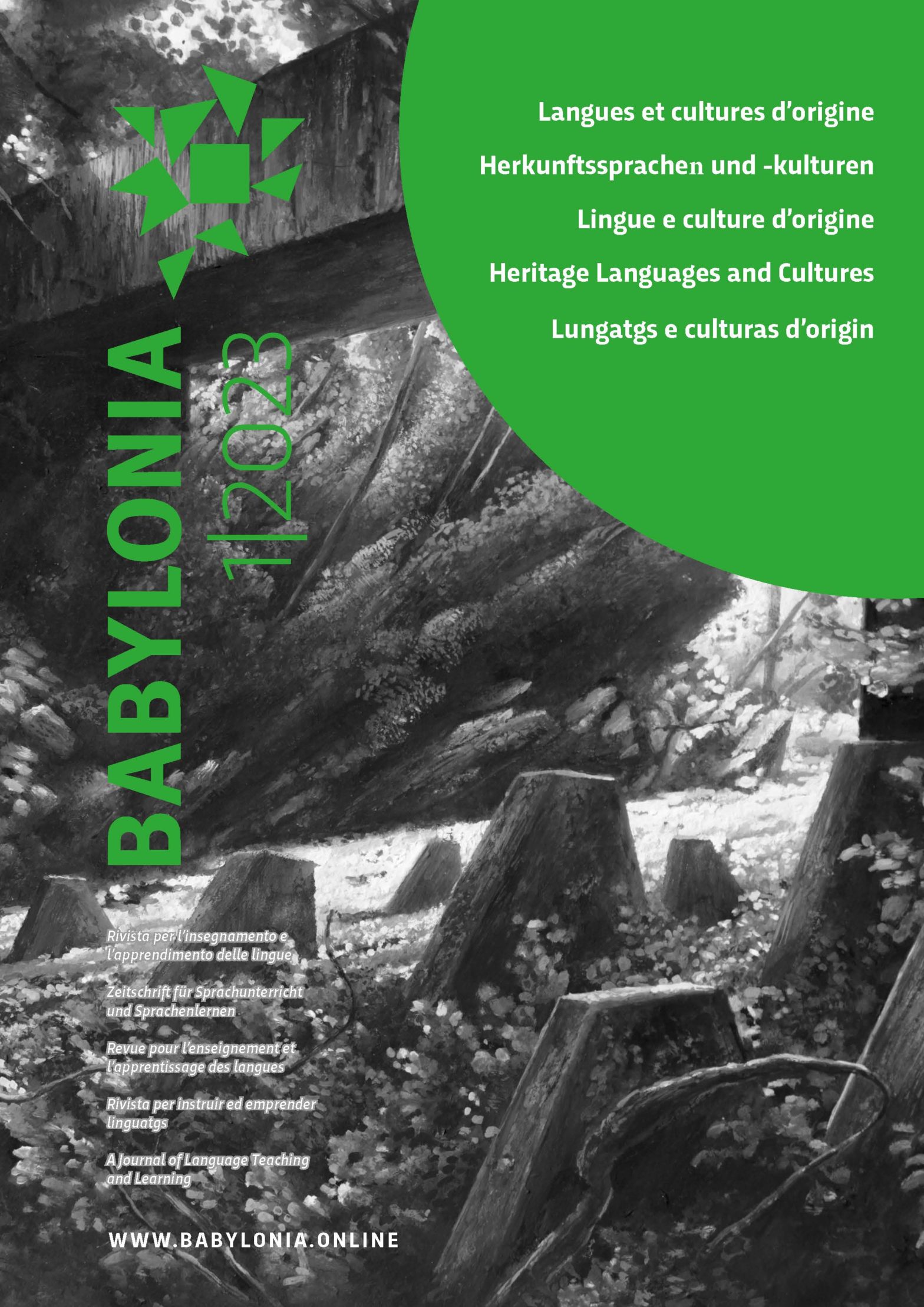Wie kommen Kinder zu mehr sinnhaften und selbstwirksamen Spracherfahrungen – sowohl in der Schule, als auch zu Hause?
Bei der zweiten Ringverstanstaltung dieses akademischen Jahres hatten die Teilnehmenden die Gelegenheit, die innovativen Hörstift-Materialien von soundolino zu entdecken und auszuprobieren.
soundolino ist ein 2021 lanciertes Projekt, das darauf abzielt, das Sprachenlernen für immer mehr Kinder zugänglich zu machen und den Lehrkräften ein Instrument zur Bereicherung des pädagogischen Angebots zu bieten. Mit Hilfe von sprechenden Stiften und Sound-Stickern wird die physische Erfahrung des Berührens von Objekten mit der auditiven Erfahrung kombiniert.





